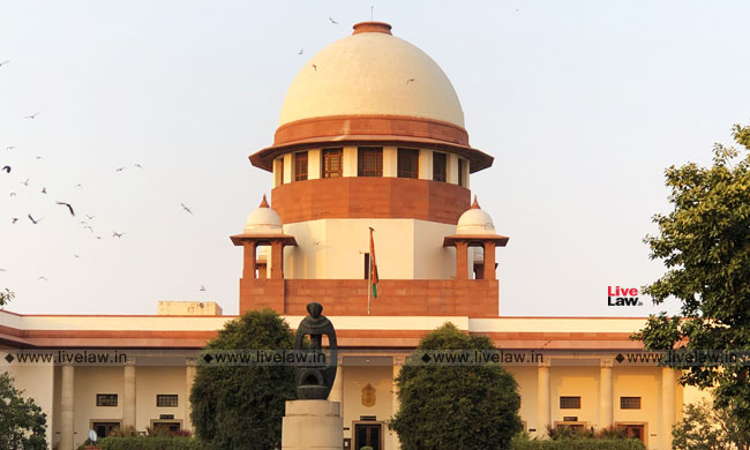SC Issues Notice On Plea Challenging Validity Of UAPA Amendment
Nilashish Chaudhary
6 Sept 2019 11:01 AM IST

Next Story
6 Sept 2019 11:01 AM IST
The Supreme Court on Friday issued notice on a petition challenging the constitutional validity of Unlawful Activities (Prevention) Amendment Act 2019, which enabled the Centre to designate individuals as terrorist.The CJI-led bench was hearing the petitions filed by one Sajal Awasthi, a resident of Delhi, and an NGO Association for Protection of Civil Rights who sought for for a...
